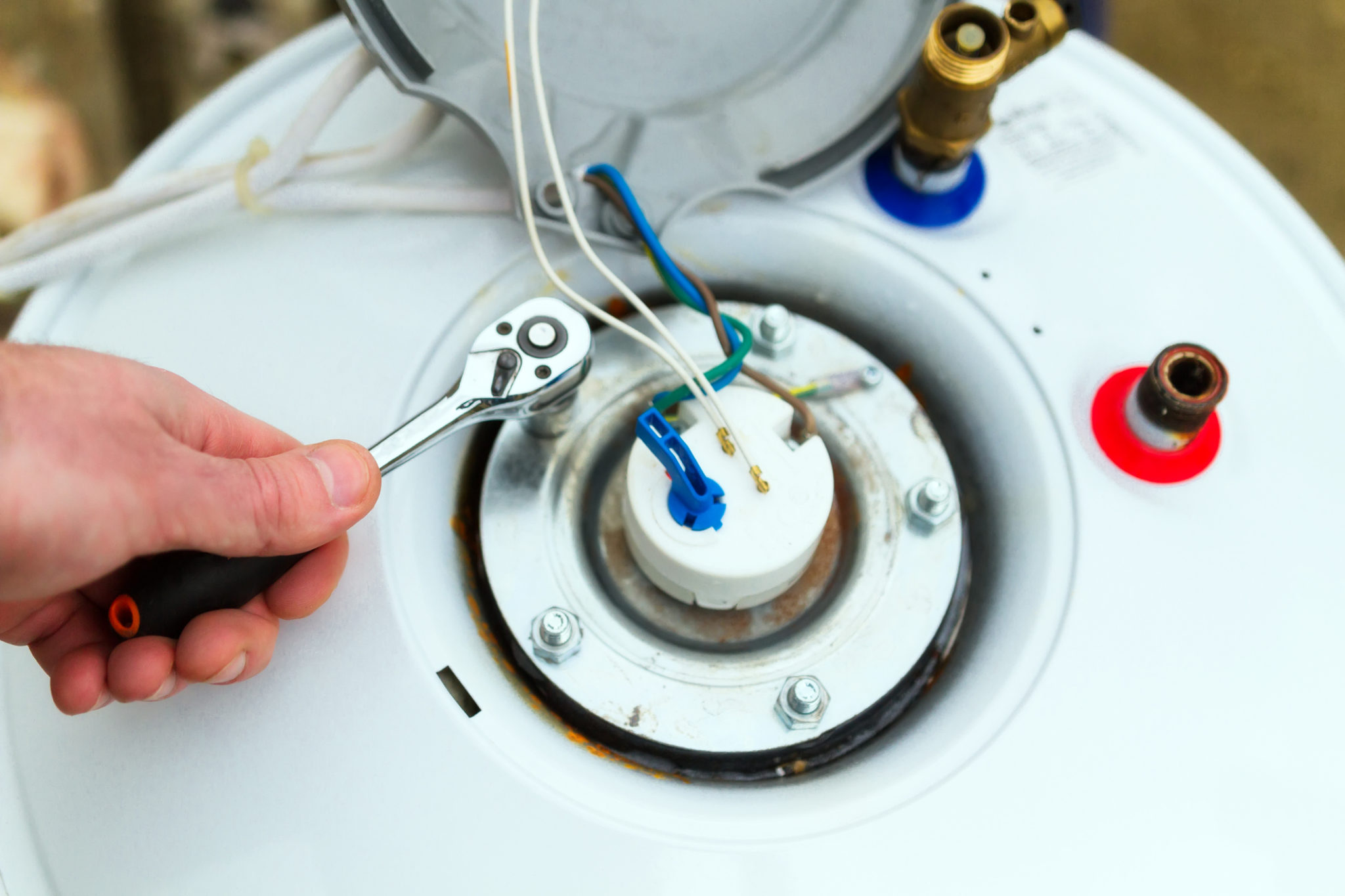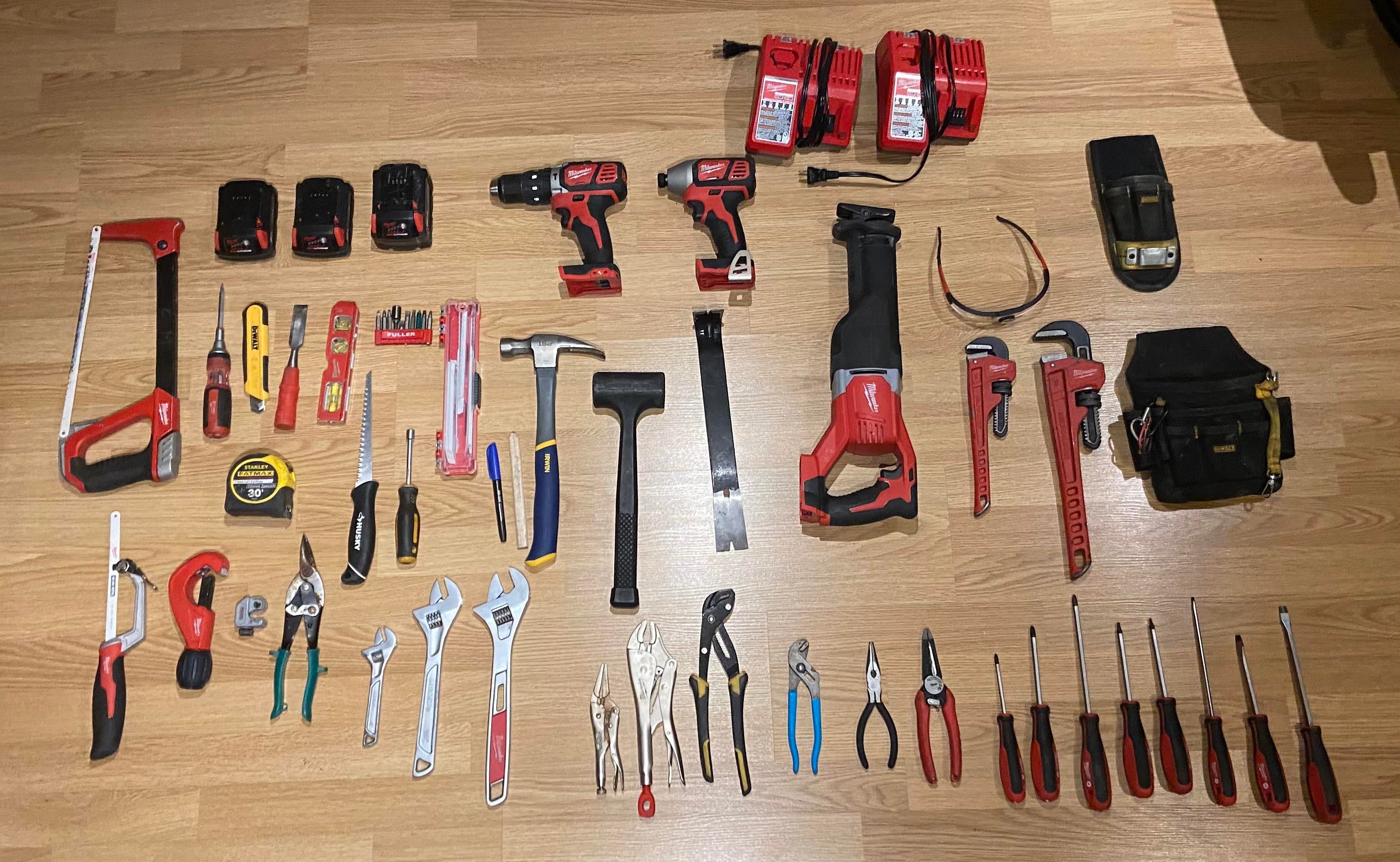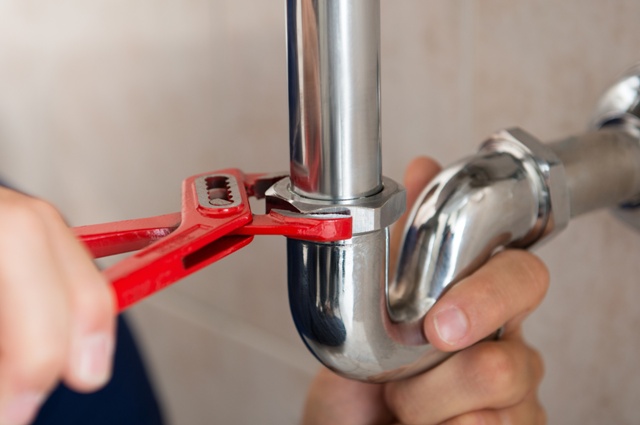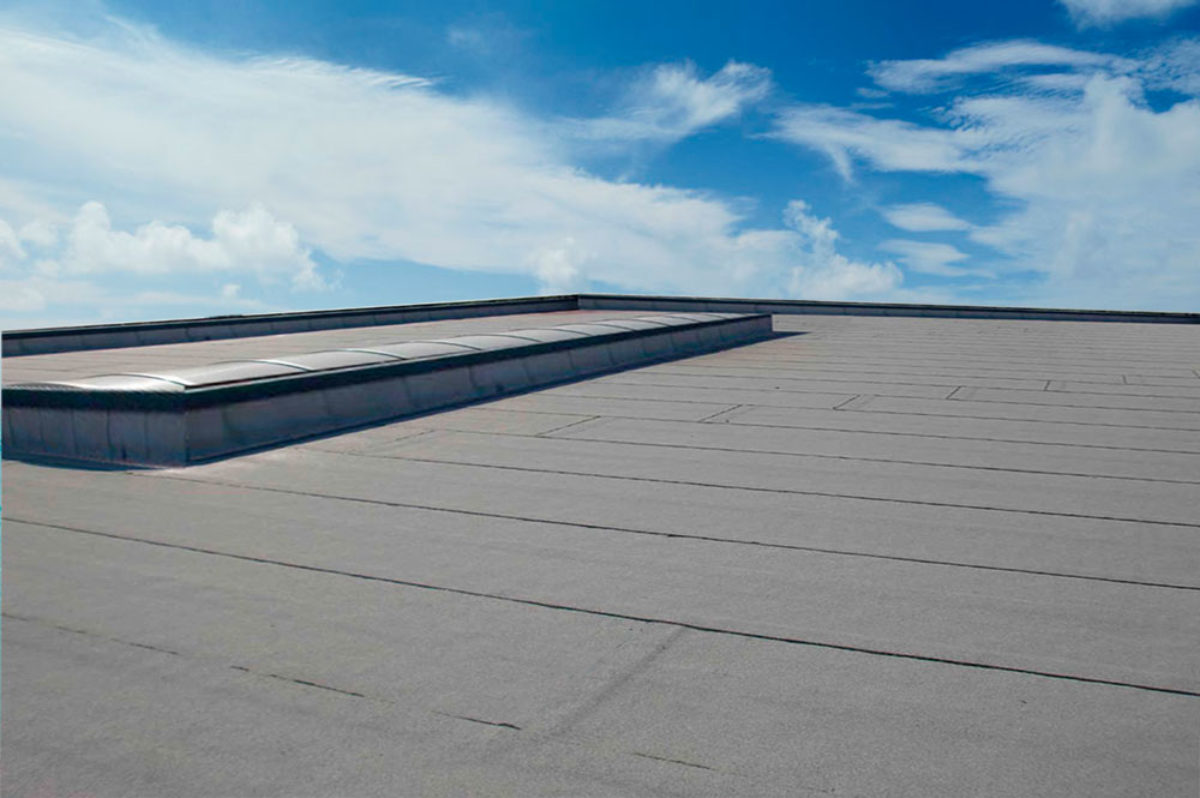Home improvement, renovation, or redo allows us to give a new look and character to our homes without breaking the bank. Still, it costs a substantial amount. People prefer investing in home improvements that can have better ROI. Are you aware of the home improvement tax deduction? In this post, we will go through the details on it... so keep reading to learn home improvement with respect to its sale and financial value.
Let’s get started!
Home Improvement Tax Deduction Explained in Easy Words
A simple explanation is... Home improvements that can help you save money on taxes at the time of sale.
Personal residential house renovations are not usually tax-deductible for federal income taxes, although they are in two cases.
- Installing energy-efficient equipment on your property may qualify you for a tax credit
- house upgrades for medical purposes may qualify as a tax-deductible medical cost.
Further, IRS says that improvements that meet the following conditions are tax-deductible,
- Adds value to the property
- Extends the property’s life
- Adapted for new purposes and uses.
If you are doing improvements under these, you may like to go into deeper details. Read on for that.
The Right Time For The Deductible Tax
You can't deduct the cost of a home renovation or a redo, such as installing the siding at the exterior walls or repairing the foundations, the time you spend the money, or getting the work done. However, if you keep tabs on those costs, you can save money on taxes when you sell your home, based on what you have paid the years you got the renovations done.
Differences Between Repairs & Improvements
In the eyes of the IRS, anything you spend on elevating your living experience in your house is not all the same. There are differences in what adds value to the house and what does not. This is broadly divided into two distinct categories;
- Repairs
- Improvements
Repairs
Repair costs are not factored into your budget. In a way, everything that is actually considered essential for a house to have and without which the living experience o the people will not be pleasant come under house repairs.
The following are some examples of repairs rather than improvements:
- Gutter repair
- Renovating a room
- Changing out a windowpane
House Improvements
The cost of capital upgrades is added to your home's tax base. The amount you'll deduct from the sales price to establish the amount of your profit is your tax base.
A capital improvement is something that increases the value of your property, extends its life, or allows it to be used for new purposes.
There isn't a definitive list of what counts as a capital improvement, but you can be confident that you'll be able to include the costs of:
- An extension to the home
- Aquatic center
- The roof has been replaced.
- A new central air conditioning system has been installed.
However, capital upgrades are not limited to expensive, fancy fixtures or appliances. Additions to the qualifications include:
- An additional water heater
- Storm windows are used to keep out the elements.
- A system of intercoms
- A security system for your house
Certain energy-saving home upgrades may also qualify you for tax breaks at the time of installation, such as certified heaters and air conditioners with low emissions and reduced utility bills cost can earn you serious points.
Value Of Tracking Costs
It used to be crucial for homeowners to maintain receipts for anything that potentially qualifies as an improvement so that they could present it at the time of sale and receive the sales tax exemption. When the house was sold, every dollar added to the basis was a cent less than the IRS could tax. However, since that most homeowners' home-sale earnings are tax-free, there's no assurance that keeping track of your base will pay off.
What The Current Law Says
The first $250,000 in profit on the sale of a major house is tax-free for single filers under the current law if you have owned and resided in the home for at least two of the five years leading up to the sale.
For married couples filing joint returns, the first $500,000 of earnings is tax-free.
Here's how to figure out how much profit you'll make when you sell:
- Calculate the overall cost of the residence, including the initial purchase price, fees, and so on.
- Get a grand total, including the cost of all the modifications you've made throughout the years, which is known as the "adjusted basis."
- Compare the adjusted basis to the final sale price of the home.
If you make a profit, it may be taxed (usually, if the profit exceeds $250,000 for the single filer or $500,000 for a married couple filing jointly).
Here are some more details on how selling a house may affect your taxes:
Unfortunately, losses on the sale of one's own home are not deductible.
Your adjusted basis is decreased by the amount of any rolled-over profit if you sold a property before August 5, 1997, and took advantage of the former regulation that allowed home sellers to defer paying tax on their profit by "rolling" the profit into a new home.
You can see why it's a good idea to keep note of everything you spend to improve, expand, or repair your home so you can save money on taxes when you sell.
Cashing in your expenses on home improvements can be tricky as it is not something you can just get at the time of sale. You need to do some homework as you get repairs and improvements to your place. This way, you can have all the things you need to ensure you are not left out of the incentive, that is, home improvement tax deduction.
In case you need professional help, search for them on the basis of category and locality on the CityLocal Pro Business Directory. Remember to post reviews for local companies you've used to help other members of the community.












Leave a comment